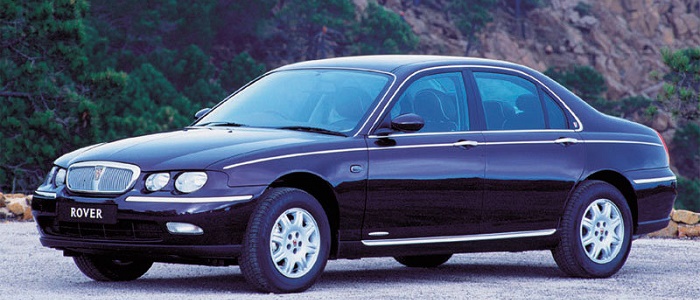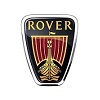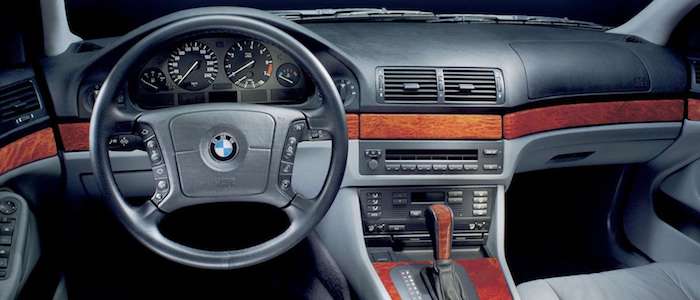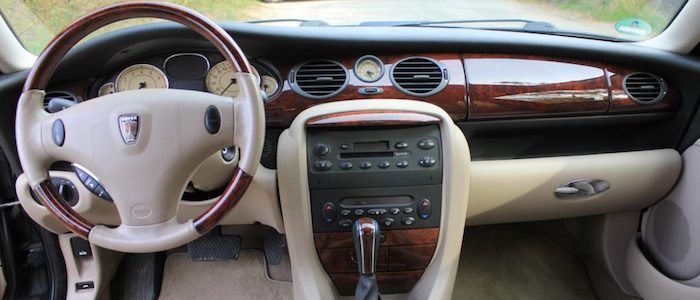Compare two cars
Compare any two cars and get our Virtual Adviser™ opinion
Marketing
Dimensons & Outlines
Engine
Performance (manual gearbox)
Performance (automatic gearbox)
Expenses
Virtual Adviser's™ opinion
Two significantly similar cars, no doubt about that. Still, each one has something different to offer. Having both cars powered by diesel engines and utilizing the 4-door sedan body style within the same 'Luxury car' segment, the only major difference here really is their wheel drive configuration (rear for the BMW and front in the case of the Rover). Both the engines are BMW-engineered . The first one has a 4-cylinder, 16-valves 136hp unit, while the other one gets its power and torque from a 4-cylinder, 16-valves 131hp one.
SafetyA starting point here would be to take a look at the results from European New Car Assessment Programme (Euro NCAP) tests which were performed on both of the cars, with the same number of safety stars gained in the process. Still, apart from the official crash test results there are other things we need to be aware of. Both vehicles belong to the luxury car segment, which is generally a very good thing safety-wise, but that fact doesn't break the tie between the two cars. Furthermore, when it comes to weight, a factor that most people underestimate, the German car offers a marginal difference of 1% more metal.
ReliabilityReliability is not the best thing to consider on the make level, but it is worth mentioning that Rover as a brand displays somewhat better results, all the models observed together. These are the official statistics, while our visitors describe reliability of BMW with an average rating of 4.2, and models under the Rover badge with 4.5 out of 5. Some independent research have also placed 5 Series as average reliability-wise, and 75 is more or less at the same level.Above it all, drivers of cars with the same engine as the German car rank it on average as 4.4, while the one under the competitor's bonnet gets 3.9 out of 5.
Performance & Fuel economyBMW is a bit more agile, reaching 100km/h in 0.4 seconds less than its competitor. In addition to that it accelerates all the way to 206 kilometers per hour, 13km/h more than the other car. When it comes to fuel economy things look pretty much the same for both cars, averaging around 5.9 liters of fuel per 100 kilometers (48 mpg), in combined cycle.
Verdict
Rover appears just a bit more reliable, although the difference is truly marginal. The most important thing when deciding between any two vehicles should always be safety, both passive and active. In my opinion, everything taken into account, the German car offers slightly better overall protection and takes the lead. It all continues in the same direction, with BMW offering somewhat better performance, just enough to call it quicker. It does come at a cost though, and that's the fuel consumption... At the end, as much as I'd like to give you a winner here, it's simply a pure tie if you ask me. Nevertheless, let's not forget that people have different preferences and needs, so what really counts is your personal feel. I'm only here to help. In case you have two minutes to spare I invite you to define your needs, desires and budget and see which car would be chosen by the virtual adviser™, among more than 12.000 different ones in our database.































